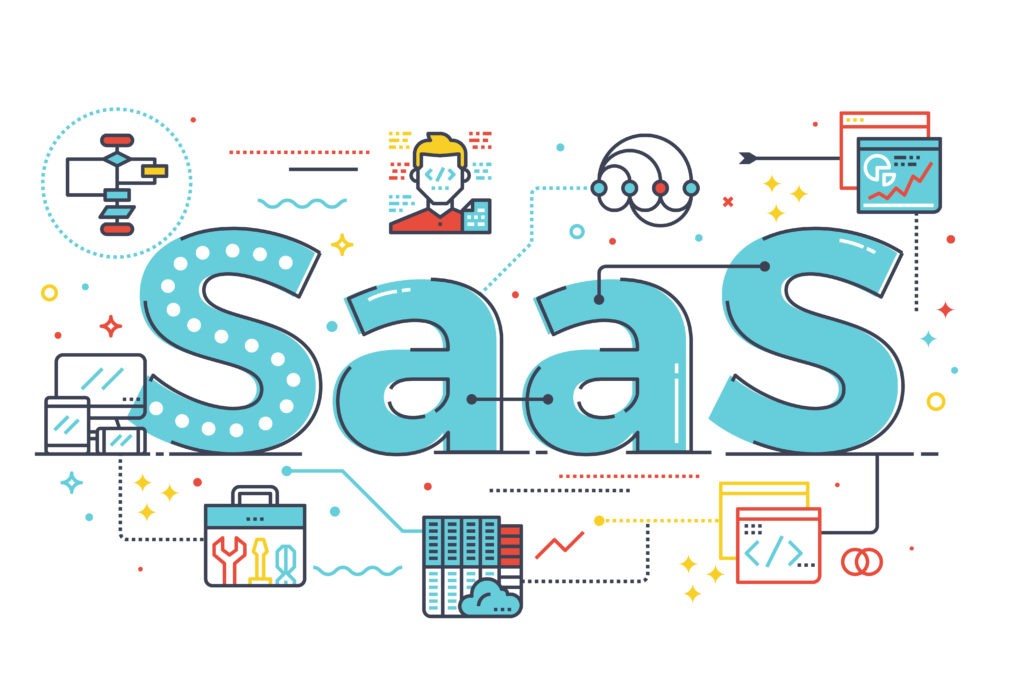Patience is no longer a virtue when it comes to customer service. People demand instant answers and immediate solutions. The era of long email threads and endless hold music is officially over.
For SaaS companies, the stakes are even higher. Customers aren’t just purchasing a product; they’re investing in a seamless experience. They need instant onboarding, smooth troubleshooting, and support that’s as effortless as the software they’re using.
That’s where AI customer service automation becomes indispensable.
According to Hubspot, 90% of customers consider an “immediate” response to their inquiries essential, with 60% defining “immediate” as less than 10 minutes. AI is revolutionizing customer service automation, enabling SaaS companies to deliver faster, smarter, and more personalized support at scale.
But the impact goes beyond better customer experience. AI customer service automation also slashes costs and fuels business growth. Let’s explore how.
Why SaaS Companies Can’t Ignore AI Customer Service Automation

Relying on manual customer support in today’s world is like using a rotary phone in the age of smartphones. Customers demand instant responses, personalized solutions, and seamless experiences — requirements that overwhelm human-only teams.
Manual support has clear limitations:
- It’s slow. The average email support response time exceeds 20 hours, whereas AI agents reply within seconds.
- It’s expensive. Scaling human teams to meet demand is both costly and inefficient.
- It’s inconsistent. Even the best human agents can’t deliver uniform support every single time.
Zendesk reports that 75% of customers are willing to pay more for fast and efficient service — an average of 19% more, in fact. AI customer service automation allows SaaS companies to meet these expectations through:
- 24/7 availability: AI agents work around the clock, ensuring instant support across all time zones.
- Scalability: AI can handle 10 or 10,000 customers with equal efficiency.
- Cost savings: Automating repetitive tasks lets human agents focus on complex issues, reducing hiring needs.
Continuous Improvement: The Key to Effective AI Customer Service
AI that doesn’t learn and adapt quickly becomes obsolete. Customer needs evolve, and static systems won’t keep up. Continuous improvement is crucial for successful AI automation.
What makes AI effective?
- Feedback loops: AI analyzes interactions, identifying gaps and refining responses.
- Machine learning updates: Algorithms are constantly retrained to tackle nuanced queries.
- Human oversight: AI handles repetitive tasks while human managers ensure the system aligns with brand standards and customer expectations.
Data Analytics: The Secret to Smarter AI
AI relies on data. Without robust analytics, even the most advanced system risks becoming irrelevant.
SaaS companies can use insights from customer interactions — including feedback, behavior patterns, and feature requests — to:
- Monitor performance: Metrics like Automated Resolution Rate (ARR%), customer satisfaction (CSAT), and escalation rates provide clear performance indicators.
- Identify trends: Analytics reveal recurring pain points, allowing proactive updates.
- Personalize experiences: By analyzing interaction histories, AI tailors responses, enhancing customer satisfaction.
Generative AI agents equipped with built-in analytics not only improve performance but also help SaaS businesses:
- Predict and prevent customer churn.
- Identify upsell opportunities.
- Optimize the AI’s own capabilities over time.
Personalized Support — Powered by AI

Personalization has shifted from being a nice-to-have to a must-have. Customers expect businesses to anticipate their needs and provide tailored solutions. AI makes personalization scalable by delivering:
- Context-aware support: AI integrates with CRMs, using customer history to create personalized interactions.
- Proactive engagement: Predictive analytics help AI address issues before customers reach out.
- Channel continuity: AI ensures seamless experiences, even when switching between channels.
AI dynamically adjusts personalization based on the customer journey, ensuring relevance without overloading resources.
The ROI of AI Customer Service Automation
AI automation isn’t just about happy customers. It delivers measurable business outcomes, including:
- Increased retention: Fast, personalized support builds trust and loyalty.
- Cost savings: Automating repetitive tasks reduces labor expenses.
- Scalability: AI handles spikes in demand, from product launches to seasonal sales events.
Transform SaaS Support with AI: Your Competitive Edge
AI customer service automation isn’t the future — it’s already here. For SaaS companies, it’s a transformative tool for faster, smarter, and more personalized support.
Platforms like Ada are setting the standard by combining continuous improvement, robust analytics, and seamless integrations to help businesses scale and thrive.
In a world where customer expectations are sky-high, AI automation isn’t just a competitive advantage; it’s the baseline. The question is, are you ready to revolutionize your customer service?




